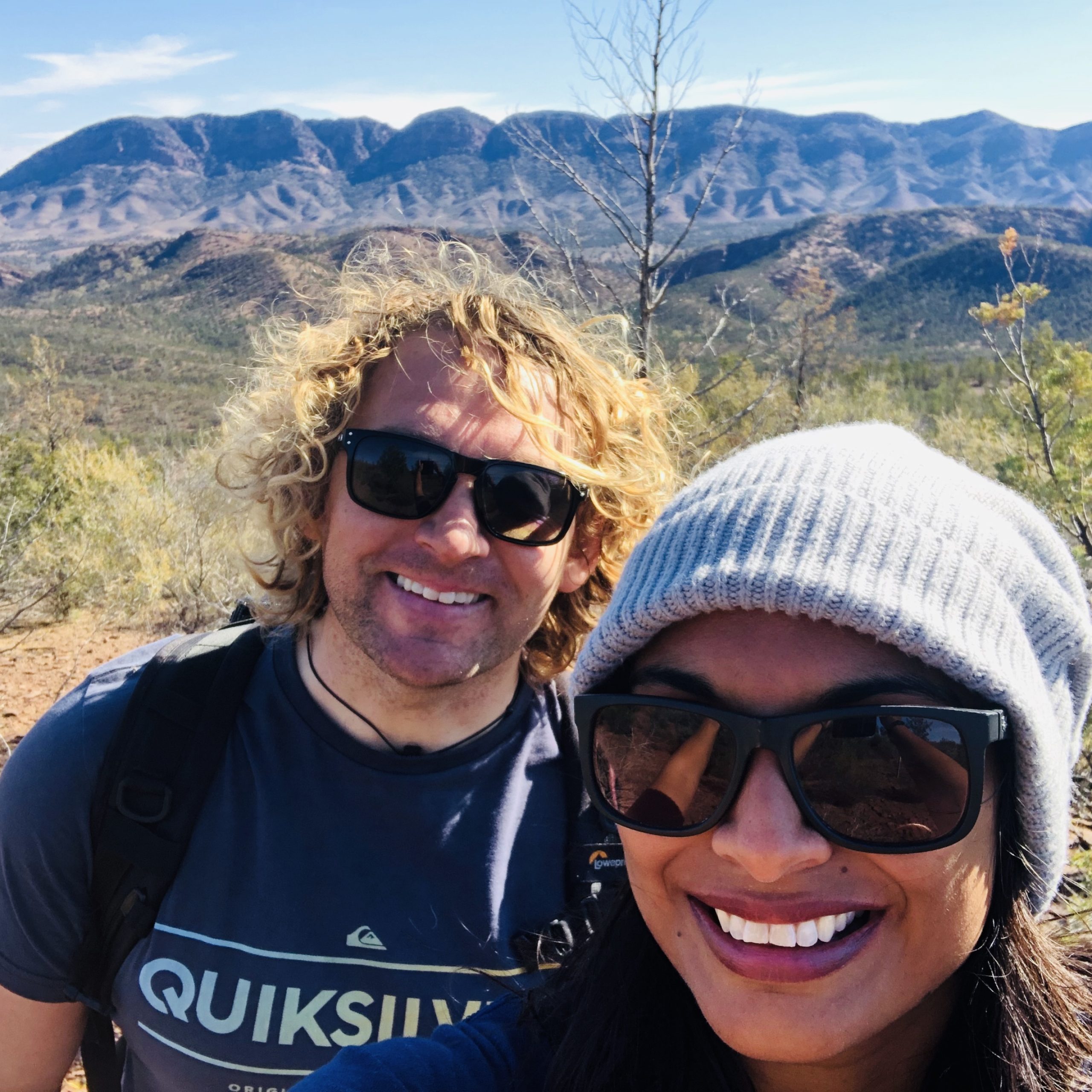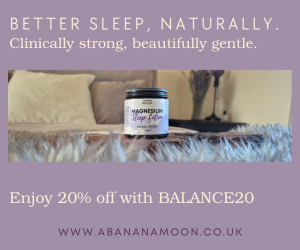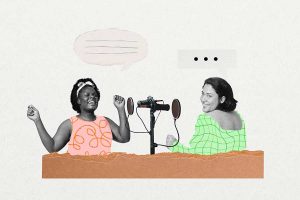“How experiences of racism led me to activism”

As a child of colour, you learn very quickly that racism exists. My time came at the age of five when a boy in my class held me by my school shirt collar against a wall and called me a p***. I ended up in tears, more out of confusion and fear than through an understanding of what had happened.
Of course, after that I learned racism is everywhere – as our England football players have, once again, been reminded of at the Euros 2020. The online abuse towards them is horrific – and to say ‘this is a minority of people who do not represent everyone’ is no longer good enough, because the fact is it’s happening, and those on the receiving end live with the effects every day. We also know racism is rooted in the societal systems we all rely on to survive, making this deep-rooted, systemic prejudice. More of us have to act if we are to change this.
As a dark-skinned Brit of Sri Lankan heritage, who was born and raised in London, I was fortunate to live and work in a community that mostly accepted, welcomed and treated me as an equal.
There have been other micro-aggressions over the years, but thankfully nothing that scarred me. Those situations had stuck with me but hadn’t shaped me. Then, in my early 30s, I began living part-time in Australia with my partner, who comes from a small rural community in the south – and life changed drastically.
The first few awkward comments came as I was getting to know people. The unkindly laughing over drinks that my wavy-haired boyfriend and I would, one day, have ‘curly black’ babies as if that was undesirable, or the conversation around a good old Aussie barbeque that told me I was ‘okay, for a Sri Lankan’. At a community horse racing event, I was introduced to a local man by a mutual friend who immediately assumed I couldn’t understand him. ‘I don’t think it’s aboriginal, is it?’ he asked our friend. It. The derogatory comments were everywhere, and towards people of all different ethnicities and religions. Experiencing and witnessing racism became an almost everyday occurrence.

Karen and her partner Brad in his native South Australia
On one occasion, I was told about an acquaintance who works on border patrol boats to intercept asylum seekers and regularly brags about ‘kicking the s*** out of refugees’ to take any cigarettes they might have on them. The revulsion for anyone who wasn’t – quite simply – white-Australian was palpable.
All the while, there is constant gaslighting that the horror of racism isn’t really a big deal. ‘You Brits are just too sensitive, aren’t you?’ I was told recently, ‘At least us Aussies know how to have a laugh.’
The impact of prejudice
It’s hard to describe what goes through your mind when experiencing such intense and consistent racism. There is the initial shock, then hurt, which soon turns to anger. There is a need to preserve yourself, but also a desire to stand up for yourself and others who find themselves attacked by such unfair, unjust views. At first, I was stunned into silence by the outwardly racist comments, partly (I guess) through utter disbelief. However, as time went on, I realised there was an element of danger to these views, too. I was concerned for what might happen to me if I did speak out. Very quickly my mental health deteriorated, until I was having regular panic attacks in certain social situations.
While my partner had to come to terms with the realisation that many people he knew – and sometimes loved – had seriously unsettling views, I struggled with learning how to live with such ingrained racism. Still, we both knew we had to find the strength to speak up – because this situation ultimately was not healthy or sustainable. We had to be braver and have each other’s backs if we were to get through this together.
Finding my voice
I often hear micro-aggressions being compared to paper cuts. They slice into you, again and again, until you feel constant pain and end up bleeding out. There have been times when I’ve felt this analogy to my core.
On one particularly gruelling evening, a friend’s dad – who had already asked me several times where I was ‘really’ from, suggested he should give me ‘an education in Australian culture’, by playing a song called ‘Living Next Door to Alan’ – a remake of the classic Living Next Door to Alice by a well-loved Australian comedian called Kevin ‘Bloody’ Wilson. “At least we don’t have f***ing c***s living next door to us,” went the lyrics, referring to Australia’s indigenous population. On seeing my reaction, he laughed. ‘It’s not racist,’ he told me strongly, looking me directly in the eye.
That night, I found my voice. I questioned his racist views each time he expressed them. What personal experiences did he have to back-up his thinking? How is he justifying branding entire ethnicities as criminals or those who follow non-Christian religions as terrorists? Of course, he couldn’t justify his abhorrent views. Instead, my partner and I shared stories of our own experiences of unjustified stereotyping and the beautiful and diverse friendships we hold dear. We celebrated the very people he was diminishing and shared our own happiness as a mixed-race couple. Our words were absorbed by his family, who had watched the conversation in silence.
Since then, I’ve spoken openly about my experiences with my family and friends. Stories that were once too humiliating to share, now brought me untold strength. Today, if I witness or experience prejudice, something ignites inside me. I don’t have to attend protests to support anti-prejudice and pro-equality movements, but I do talk widely to people about injustice.
Friends often come to me with questions on how they can do more to be anti-racist. While we may only hear those who shout loudly about their views, or only witness visible action at protests, there is a quiet majority trying to educate themselves and understand the situation in its entirety before finding their own voice to support positive change. And that is a brilliant thing.
Everyday ways to become an activist
Being an activist isn’t about being loud, it’s about education, logic and dispelling ignorance
- Research and inform
If you hope to educate others on a particular issue, be sure to inform yourself of the various factors involved. Read widely – from books to verified news sources, listen to podcasts and watch documentaries and films on the topic you are supporting. If you can, talk to those directly affected by the issue. You don’t have to know everything on the topic in question but be willing to learn.
- Remain respectful
As I’ve come to learn, you can’t change everyone’s mind. That’s just life. When faced with opposition, always stay composed and deliver your viewpoint based on fact and statistics. When challenged with hostility, show respect by listening to both sides of the argument, even if you disagree.
- Practise what you preach
Leading by example teaches others how to show support in an accessible way. It allows people to see that they, too, can be a part of positive change. Do share valuable resources, such as books, articles or documentaries, that have educated or inspired you.
- Be an effective ally
An ally means more than making generalised statements against the problem. It is about using your privilege, in not suffering as a result of the issue, to call out injustice when you see it and challenge misinformed attitudes. It is up to everyone in society to stand in solidarity with those affected by a specific social issue – this is ultimately what makes a strong community. Seek out the voices of those who are disadvantaged to fully understand their experiences and, where possible, make space for them to speak up for themselves.
- Talking to young ones
Children pick up on language, so discussing how and why people might not talk, act or live exactly like they do is so valuable. Encourage conversations around empathy to address how it might feel when someone is left out or stereotyped. Encourage friendships from different walks of life and show them how much more your own life is enriched through such relationships.












